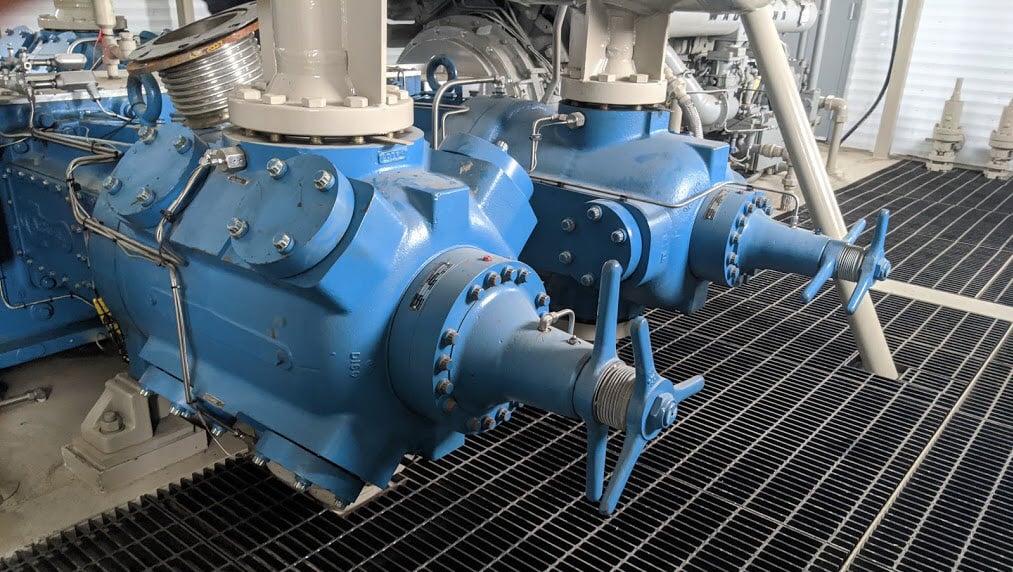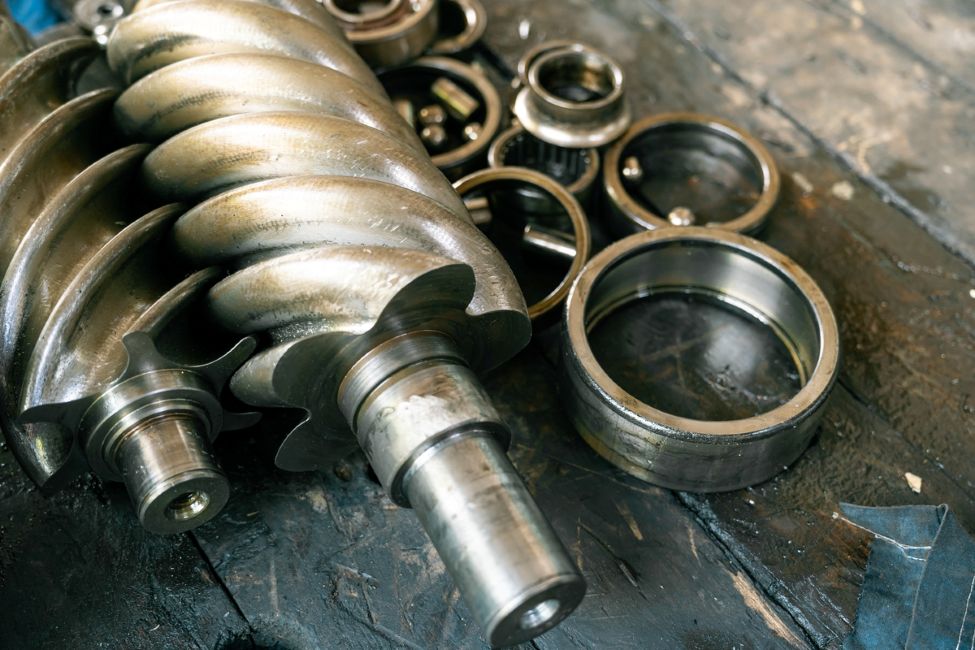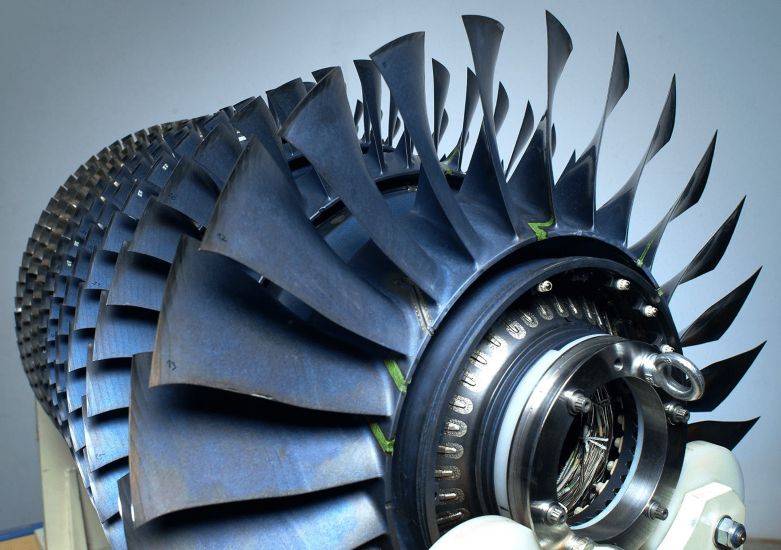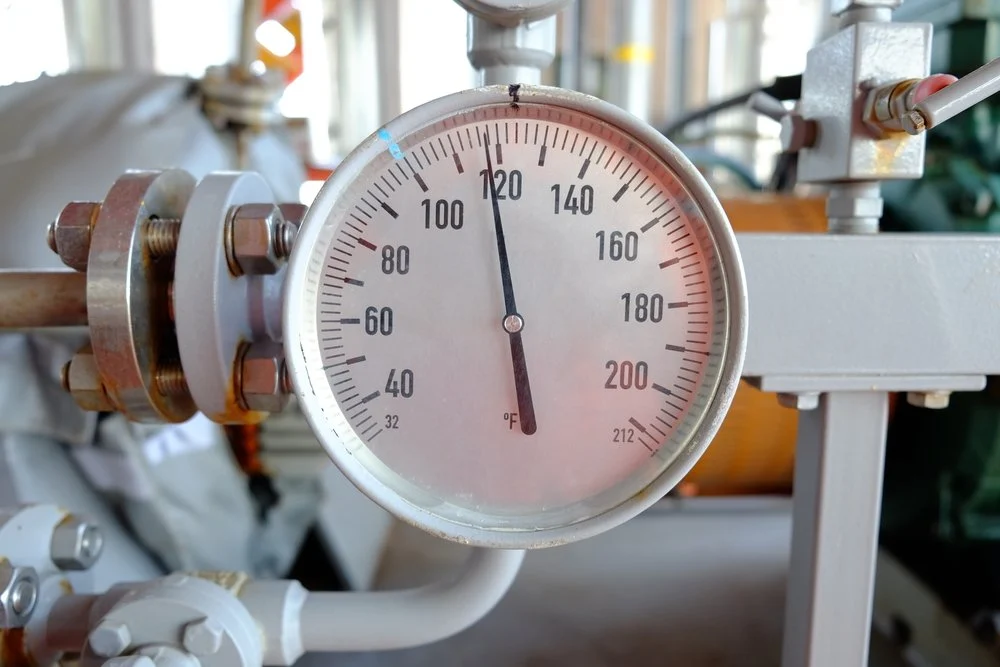Industrial Compressor Purchase Checklist

In the industrial world, choosing the right equipment has a direct impact on quality, speed, and efficiency. One of the key pieces of equipment in many industries is the air compressor. However, due to the wide variety of models and specifications available, purchasing a compressor without sufficient knowledge can be costly and inefficient. In this article, we’ll go through an industrial compressor purchase checklist to help you make a smart and cost-effective decision.
Why Is a Compressor Purchase Checklist Important?
Compressors are expensive and essential machines. Choosing the wrong one can lead to production downtime, high maintenance costs, and even damage to other equipment. Using a well-structured checklist minimizes these risks and ensures the compressor you choose precisely matches your operational needs.
Industrial Compressor Purchase Checklist
1. Type of Compressor (Screw, Piston, etc.)
- Piston Compressors: Suitable for short-term use and low air volume.
- Screw Compressors: Ideal for continuous, high-volume industrial applications.
For round-the-clock production lines, screw compressors are highly recommended.
2. Required Air Volume (CFM or L/min)
- Calculate the total air consumption of all connected equipment.
- Choose a compressor with at least 20% more capacity than your total requirement.
3. Working Pressure (PSI or Bar)
- Most industrial devices require 8–12 bar.
- Ensure the compressor’s pressure rating aligns with your system’s needs.
4. Air Quality & Filtration Needs
- In industries like pharmaceuticals, food, or painting, clean air is critical.
- Consider filters for moisture, oil, and dust, as well as air dryers if necessary.
5. Motor Type (Electric or Diesel)
- Diesel compressors are suitable for outdoor or remote locations with no 3-phase power.
- Electric compressors are quieter and more cost-effective where power is available.
6. Tank Capacity
- A larger air tank acts as a buffer, reducing wear and tear by lowering start/stop frequency.
7. Cooling System (Air-Cooled or Water-Cooled)
- In hot environments or continuous operation, efficient cooling is crucial.
- Screw compressors generally have superior cooling systems.
8. Noise Level (dB)
- For indoor use or near workspaces, noise level matters.
- Screw compressors are typically quieter than piston models.
9. Energy Efficiency
- Important for long-term savings, especially in 24/7 operations.
- Compressors with inverters (VSD) offer better power efficiency.
10. After-Sales Support & Spare Parts
- Choose brands with local support, fast parts availability, and active service centers.
11. Brand and Manufacturer
- Reputable global brands: Atlas Copco, Kaeser, Fini, ELGi
- Reliable local brands may also offer cost-effective solutions with good support.
Important Reminders
- Consult technical experts before purchasing.
- Plan for future expansion when selecting your compressor.
- Factor in ongoing costs: service, oil, filters, and spare parts.
Buying from Kamsan Iran
Having a complete and accurate compressor purchase checklist can save you from poor decisions, unexpected expenses, and technical issues. Based on your usage, environment, and air demand, you can choose the ideal compressor. For continuous industrial use, screw compressors are highly recommended due to their efficiency and durability.
You can browse and purchase various types of industrial compressors through our product categories at Kamsan Iran.
**Share this article**
Comments







